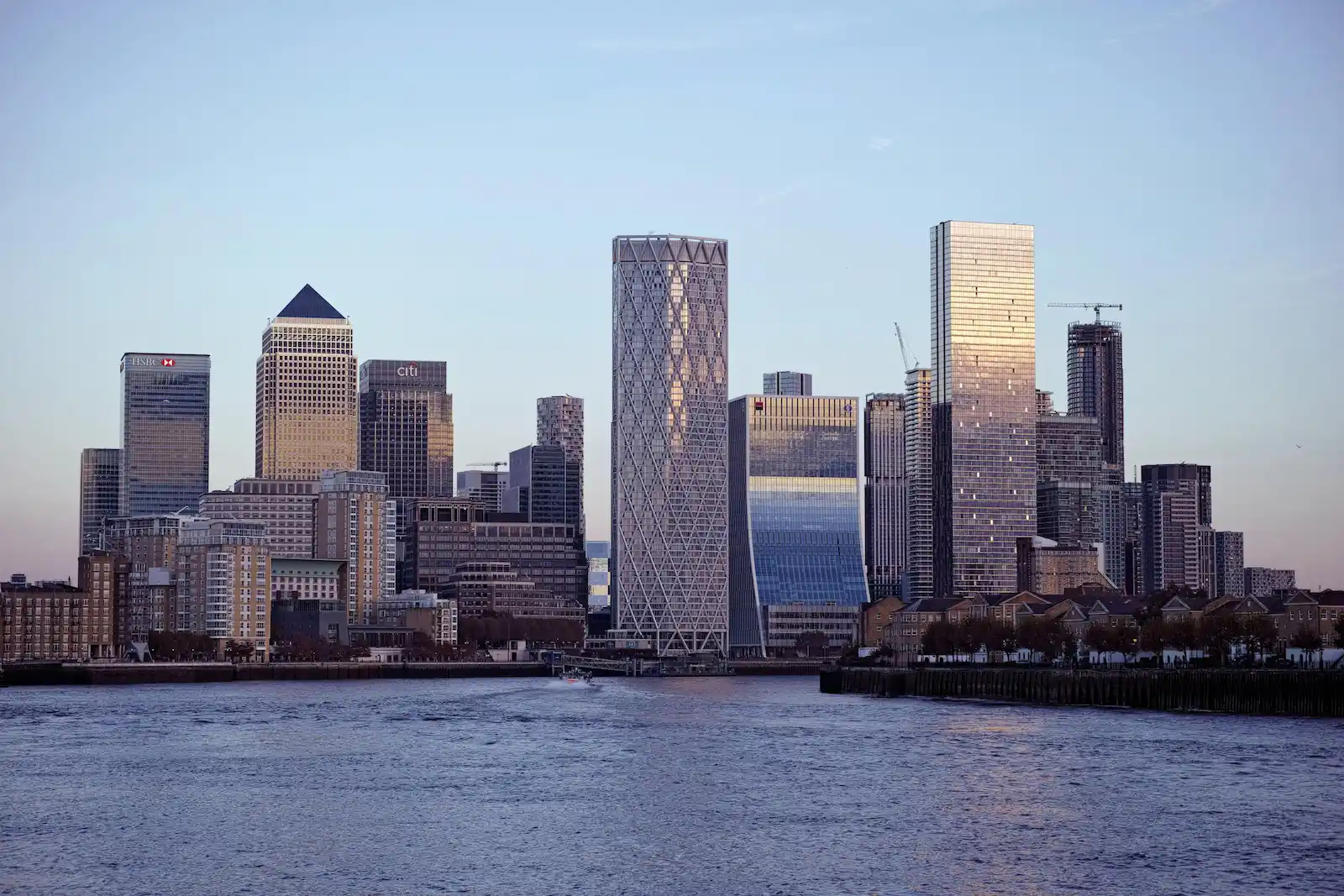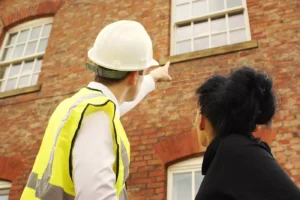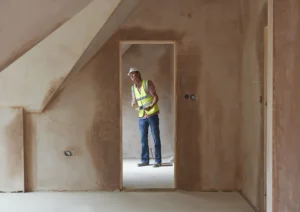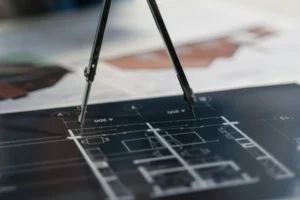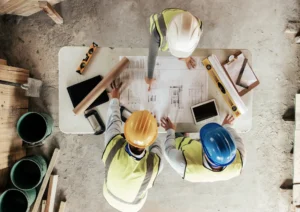The future of property development is being reshaped by innovative trends and technologies. These advancements are revolutionising the way buildings are constructed, how they function, and how they adapt to societal needs.
Revolutionising Building Methods with Automation
Automation is transforming the construction industry by increasing efficiency and reducing human error. The integration of robotics and artificial intelligence (AI) in building methods is helping to speed up the construction process, minimise waste, and improve safety. Modular construction, where buildings are assembled from prefabricated units, is also gaining traction due to its cost-effectiveness and sustainability. This method allows for efficient use of materials and quick assembly, reducing the environmental impact and responding flexibly to the growing demands of urbanisation.
The Role of Blockchain in Real Estate Transactions
Blockchain technology is set to overhaul real estate transactions by introducing greater transparency and security. With blockchain, the paperwork-heavy process of buying and selling property can be simplified, reducing fraud risks while ensuring data integrity. This technology also facilitates the concept of property tokenisation, where real estate assets can be divided into digital shares, making property investment more accessible to a broader audience and potentially increasing liquidity in the market.
Enhancing Energy Efficiency in New Developments
The push towards sustainability is prompting developers to integrate energy-efficient solutions into new projects. Smart buildings equipped with IoT devices and sensors optimise energy usage by learning and adapting to occupants’ behaviour. Incorporating renewable energy sources like solar and wind, along with energy storage systems, helps reduce reliance on traditional power grids. These technologies not only lower operational costs but also reduce the carbon footprint, aligning with global sustainability goals.
Social Spaces in Modern Urban Design
As cities become more populous, the demand for mixed-use developments that foster community interaction is increasing. Urban planners are focusing on creating social spaces that encourage co-living and co-working environments, blurring the lines between private and public spaces. These areas are designed to enhance community engagement, offering amenities that cater to diverse lifestyles and promoting a sense of belonging in rapidly urbanising societies.
The Evolution of Remote Work Environments
With the rise of remote working, property developers are rethinking the design of office and residential spaces. The need for flexible workspaces within homes is increasing, leading to innovations in home design that integrates technology and comfort. Meanwhile, commercial spaces are evolving into multi-functional environments that support both collaborative and individual work. This shift requires a reimagining of spatial design to accommodate changing workforce dynamics and to enhance productivity and well-being.
In conclusion, the future of property development will be defined by these transformative trends. As the industry embraces automation, sustainability, blockchain, and new urban designs, it is poised to create more efficient, inclusive, and eco-friendly built environments.

